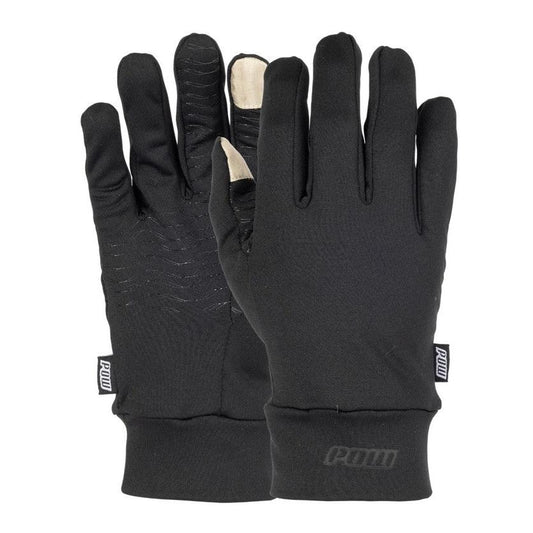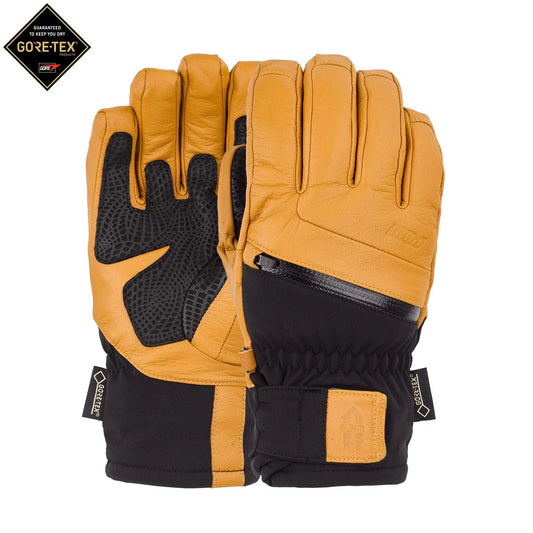Collection: SNOW GLOVES & MITTS
-
2026 Deathgrip Zombie Mitt - Black
Regular price $259.00 AUDRegular price -
2026 Deathgrip Werewolf Mitt Long Cut - Black
Regular price $199.99 AUDRegular price -
2026 Deathgrip Werewolf Mitt - Black
Regular price $189.00 AUDRegular price -
2026 Deathgrip Choul Mitt - Black
Regular price $139.99 AUDRegular price -
2025 Pow Wayback GTX +WARM Short Glove - Grey
Regular price $139.99 AUDRegular price -
2025 Pow Wayback GTX Long +WARM Snow Mitts - Grey
Regular price $139.99 AUDRegular price -
2025 Pow Wayback GTX Long +WARM Snow Gloves - Green
Regular price $139.99 AUDRegular price -
2025 Pow Wayback GTX Long +WARM Snow Gloves - Grey
Regular price $139.99 AUDRegular price -
2025 Pow Alpha GTX Glove - Buckhorn Brown
Regular price $249.99 AUDRegular price -
2025 Pow August 2.0 Long Snow Gloves - Buckhorn Brown
Regular price $149.99 AUDRegular price -
2025 Pow Wayback GTX Short Snow Mitts - Black
Regular price $139.99 AUDRegular price -
2025 Pow XG Mid Snow Mitts - Black
Regular price $59.99 AUDRegular price -
Dakine Fillmore Gore-Tex Glove - Short Cuff
Regular price $179.99 AUDRegular price -
2025 Pow Trench GTX Snow Gloves - Grey
Regular price $109.99 AUDRegular price -
2025 Pow Trench GTX Snow Gloves - Black
Regular price $109.99 AUDRegular price -
2025 Rojo Womens Trip Mitt
Regular price $69.99 AUDRegular price





















